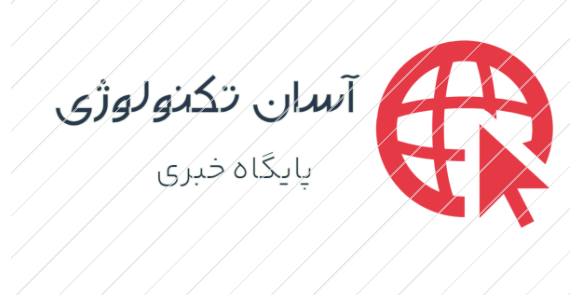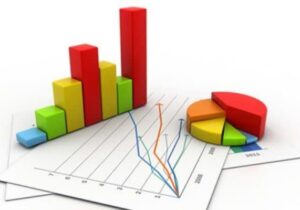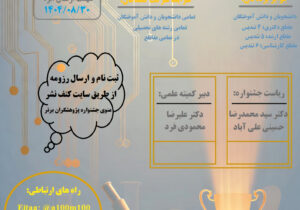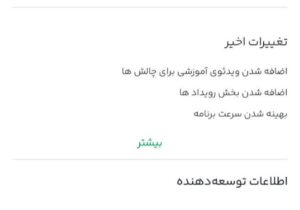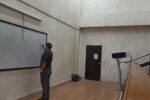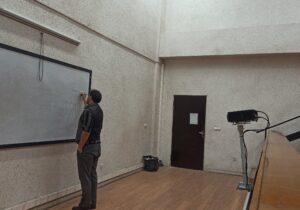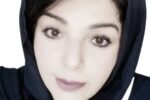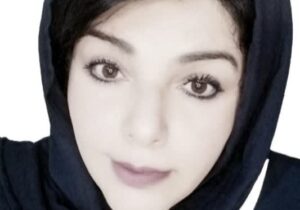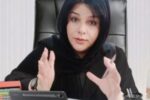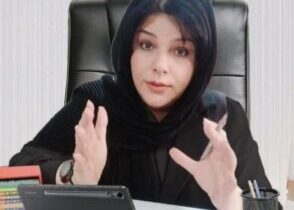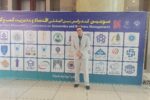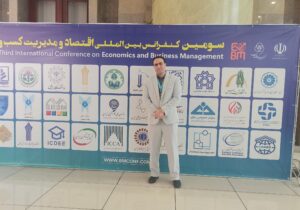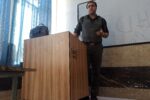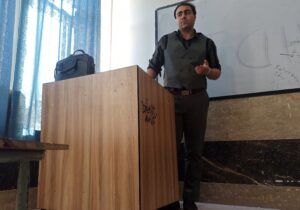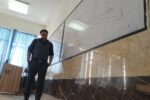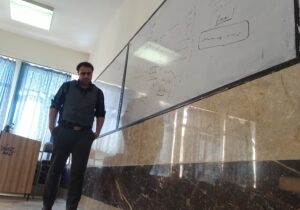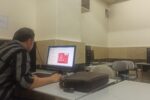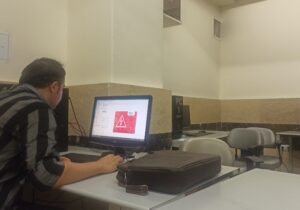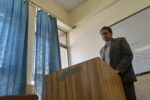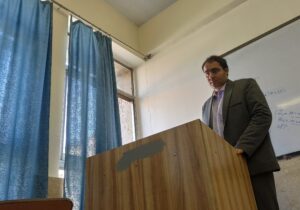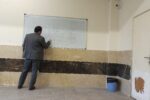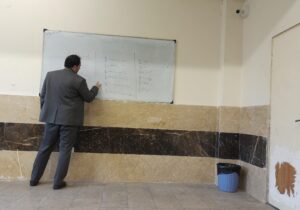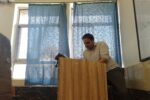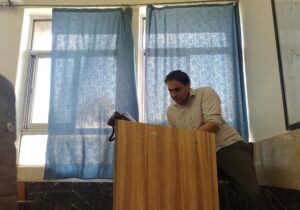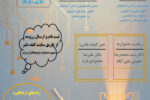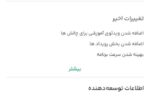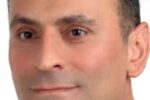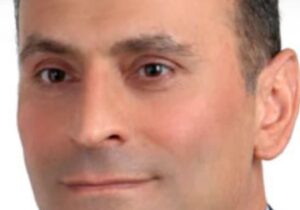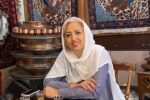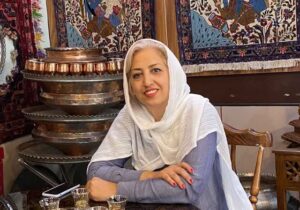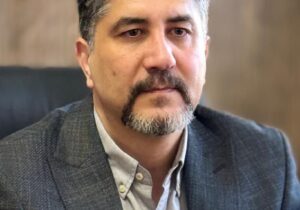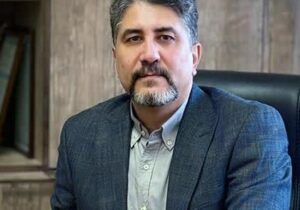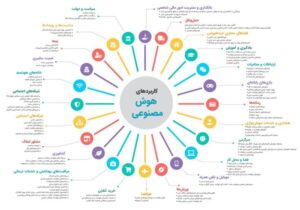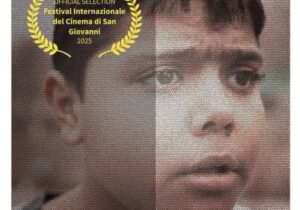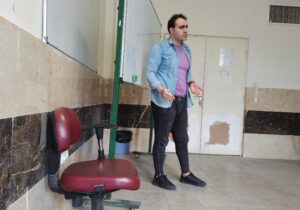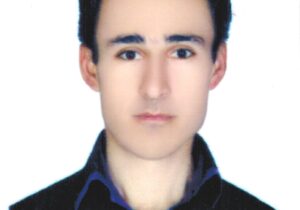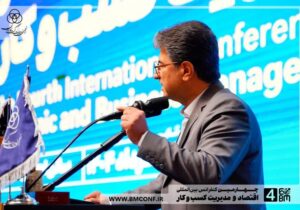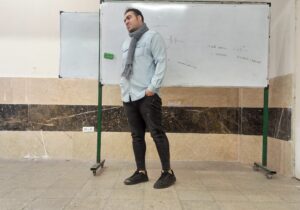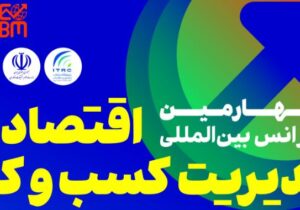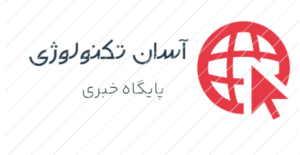Asan Technology | An index is a statistical tool used to measure the extent of changes within a set of data. In the field of economics, an economic indicator serves as a tool to assess the health and growth of an economy by utilizing changes in a group of macroeconomic data. Consequently, economic indices are […]
Asan Technology | An index is a statistical tool used to measure the extent of changes within a set of data. In the field of economics, an economic indicator serves as a tool to assess the health and growth of an economy by utilizing changes in a group of macroeconomic data. Consequently, economic indices are among the primary instruments employed for comparing various societies in the economic domain. According to the latest report from the Data Technology and Cybersecurity Office of the Ministry of Industry, Mine, and Trade, Iran’s ranking in key economic indices has been documented.
One of the principal economic indices is the “Global Competitiveness Index” (GCI), which is published annually to evaluate the conditions and production factors across different countries. Components of this index include infrastructure, the adoption of information and communication technologies, macroeconomic stability, health, skills, production market, labor market, financial system, market size, business dynamism, innovation capability, and more. Competitiveness ultimately leads to sustainable economic growth, reduction of poverty, and improvement in human development. From 2015 to 2021, Iran’s rankings in the Global Competitiveness Index, calculated by the World Economic Forum, were as follows: 74th out of 140 countries in 2015, 76th out of 138 countries in 2016, 69th out of 137 countries in 2017, 89th out of 140 countries in 2018, and 99th out of 141 countries in 2021.
Another significant economic indicator is the Index of Economic Freedom, established in 1995 by the Heritage Foundation and The Wall Street Journal to measure the degree of economic freedom among countries. This index is calculated based on the average of ten sub-indices, including business freedom, labor freedom, trade freedom, fiscal freedom, government intervention freedom, monetary freedom, investment freedom, financial freedom, property rights, and freedom from corruption. During the period from 2015 to 2021, Iran’s rankings were as follows: 171st out of 186 countries in both 2015 and 2016, 155th out of 180 countries in 2017, 156th out of 180 countries in 2018, 164th out of 180 countries in 2019, and 168th out of 178 countries in 2021. Findings from the Heritage Foundation indicate a correlation between economic freedom and sustainable economic growth and social development; in other words, countries with greater economic freedom tend to have higher per capita production growth rates. Citizens in countries with freer economies enjoy incomes more than twice the global average and six times that of nations with unfree economies. They also experience longer life spans and better health outcomes while having access to higher-quality social services such as education, healthcare, and cleaner environments.
Among other crucial economic indices is the Ease of Doing Business index, which reflects better and simpler regulations for businesses along with stronger protections for private property rights. The ten sub-indices of this measure include starting a business, dealing with construction permits, getting electricity, registering property, obtaining credit, protecting investors, paying taxes, trading across borders, enforcing contracts, and resolving insolvency. Since 2004, the World Bank has prioritized examining the business environment in various countries. This initiative is managed by the International Finance Corporation (IFC), the private sector development arm of the World Bank. It analyzes national laws and regulations to identify bottlenecks, constraints, and barriers to optimal operations and ranks countries based on established indices. Iran’s rankings in this index from 2015 to 2021 were as follows: 130th out of 189 countries in 2015, 117th out of 190 countries in 2016, 120th out of 190 countries in 2017, 124th out of 190 countries in 2018, 128th out of 190 countries in 2019, and 127th out of 190 countries in 2021.
Dr. Melika Molk Ara
Senior Consultant at the Project-Based Organization and Social Entrepreneurship Researcher
